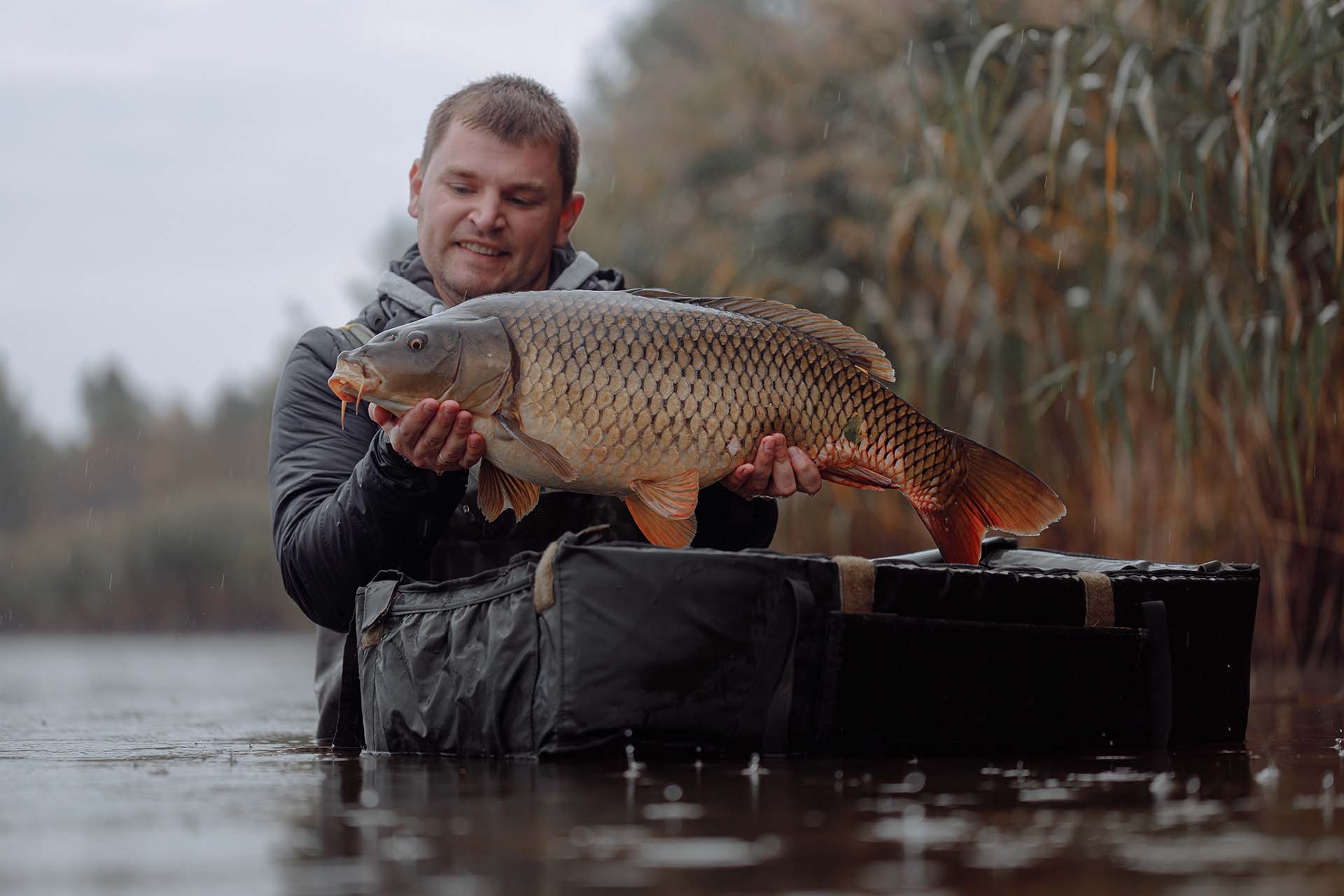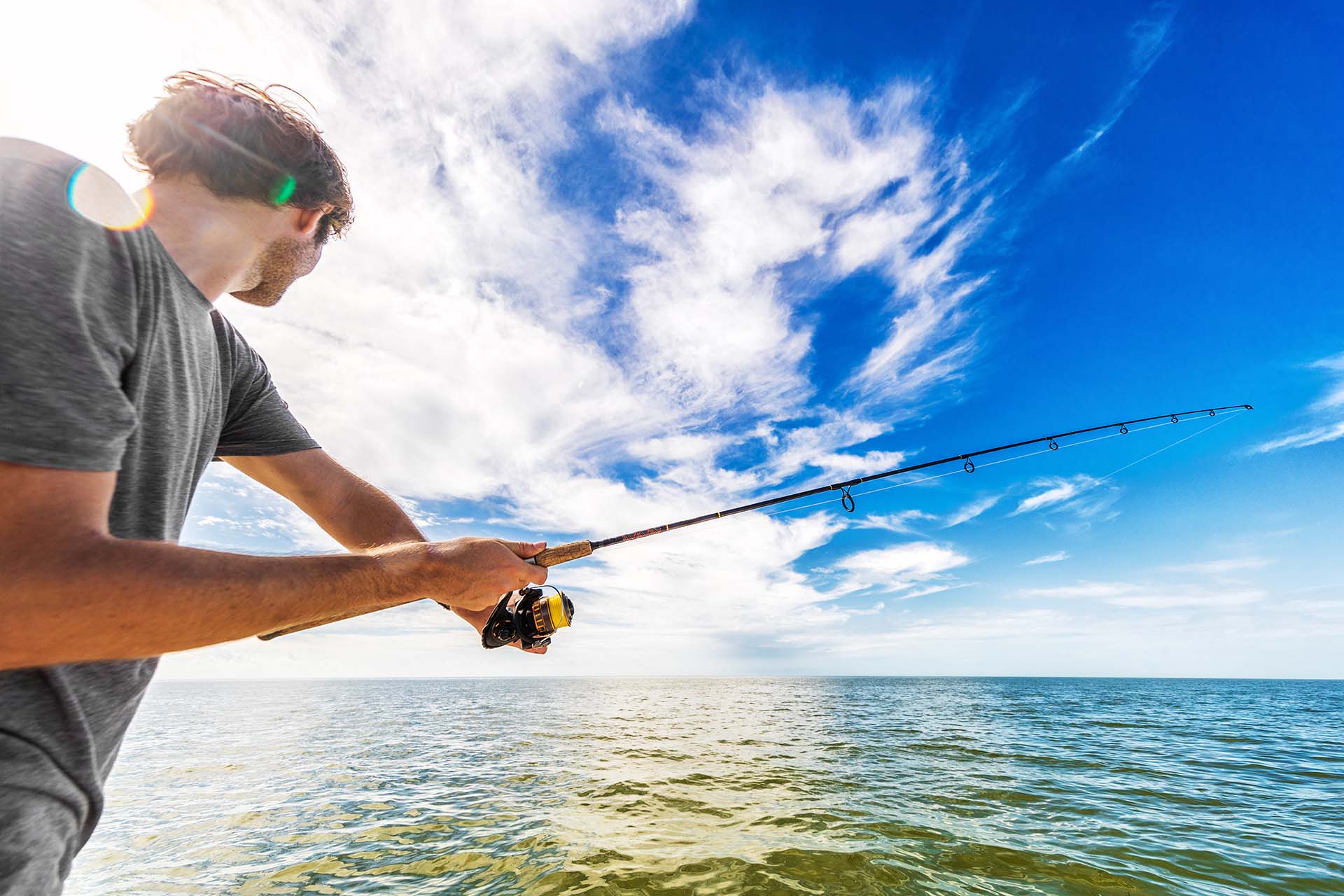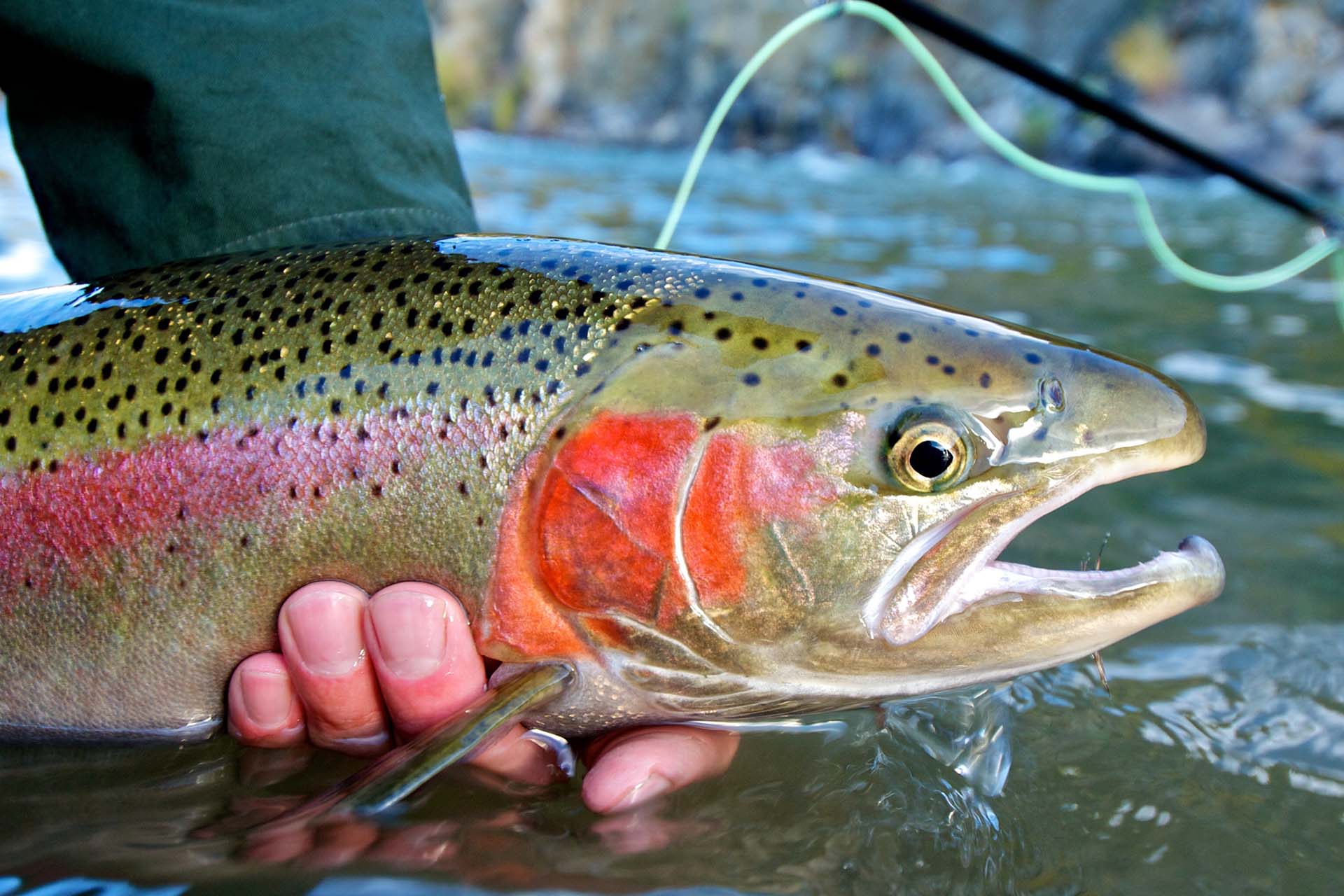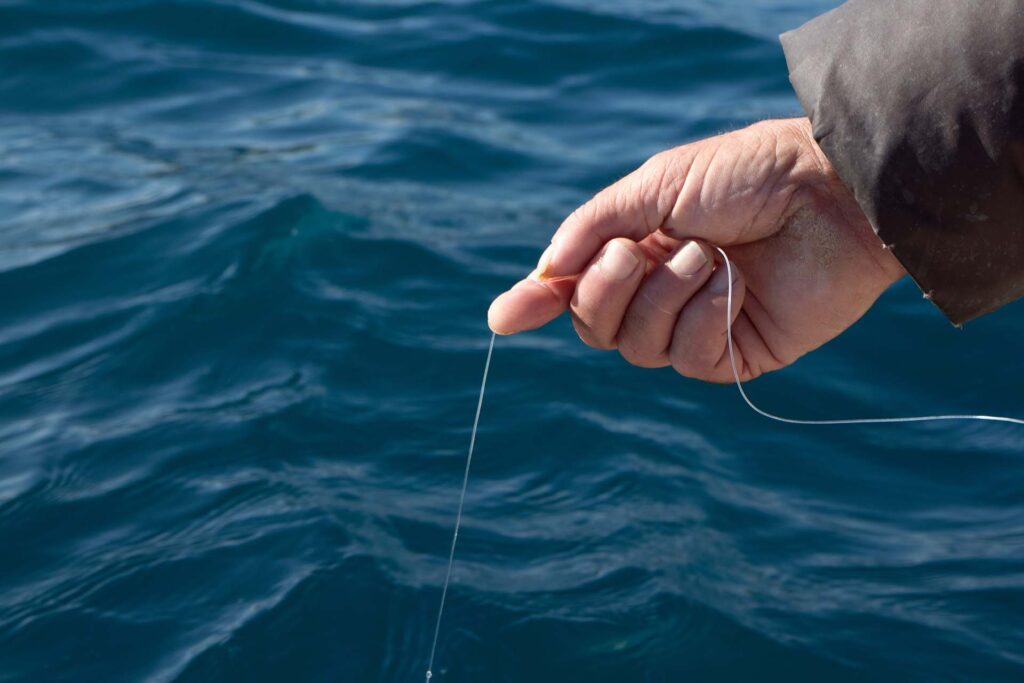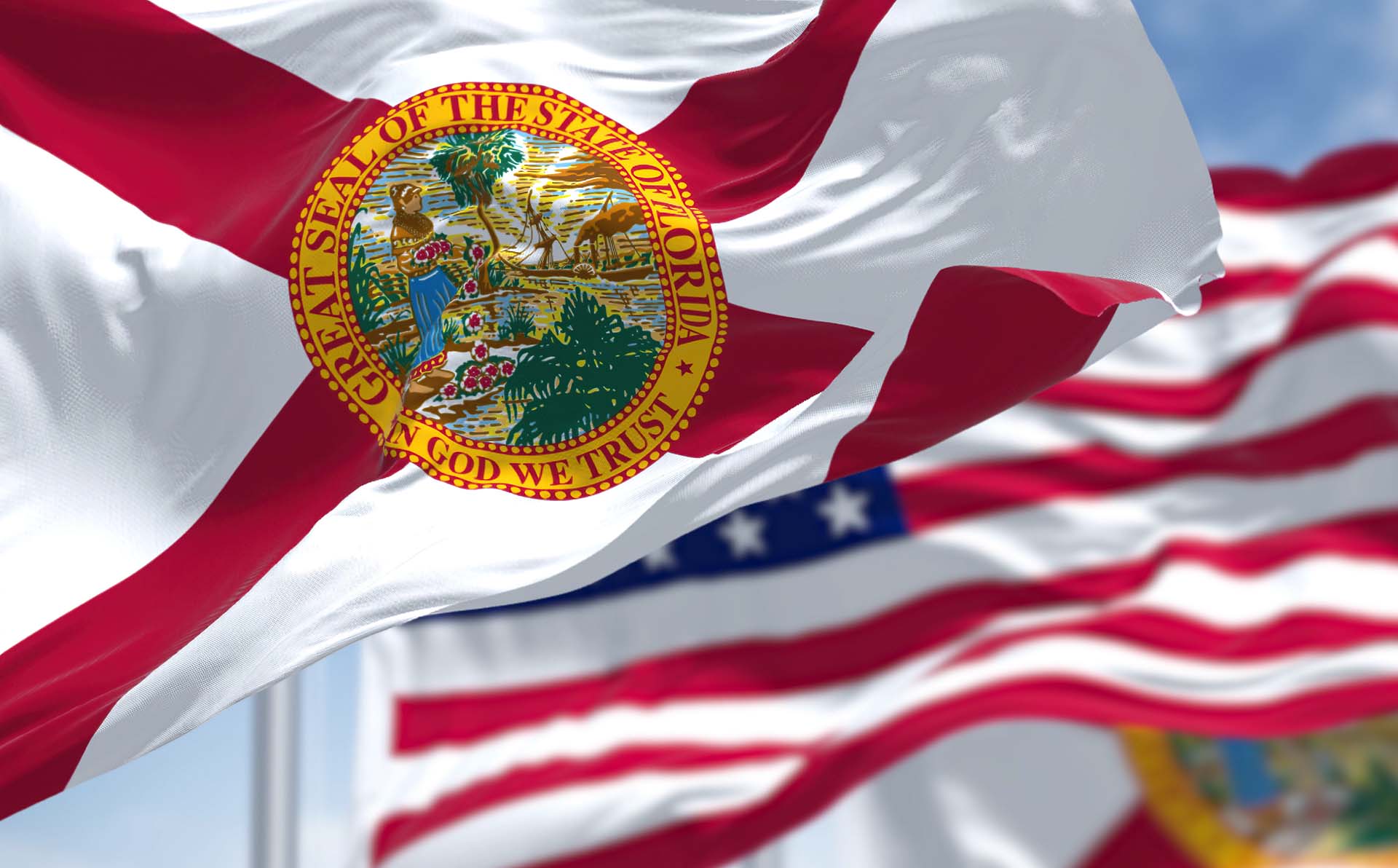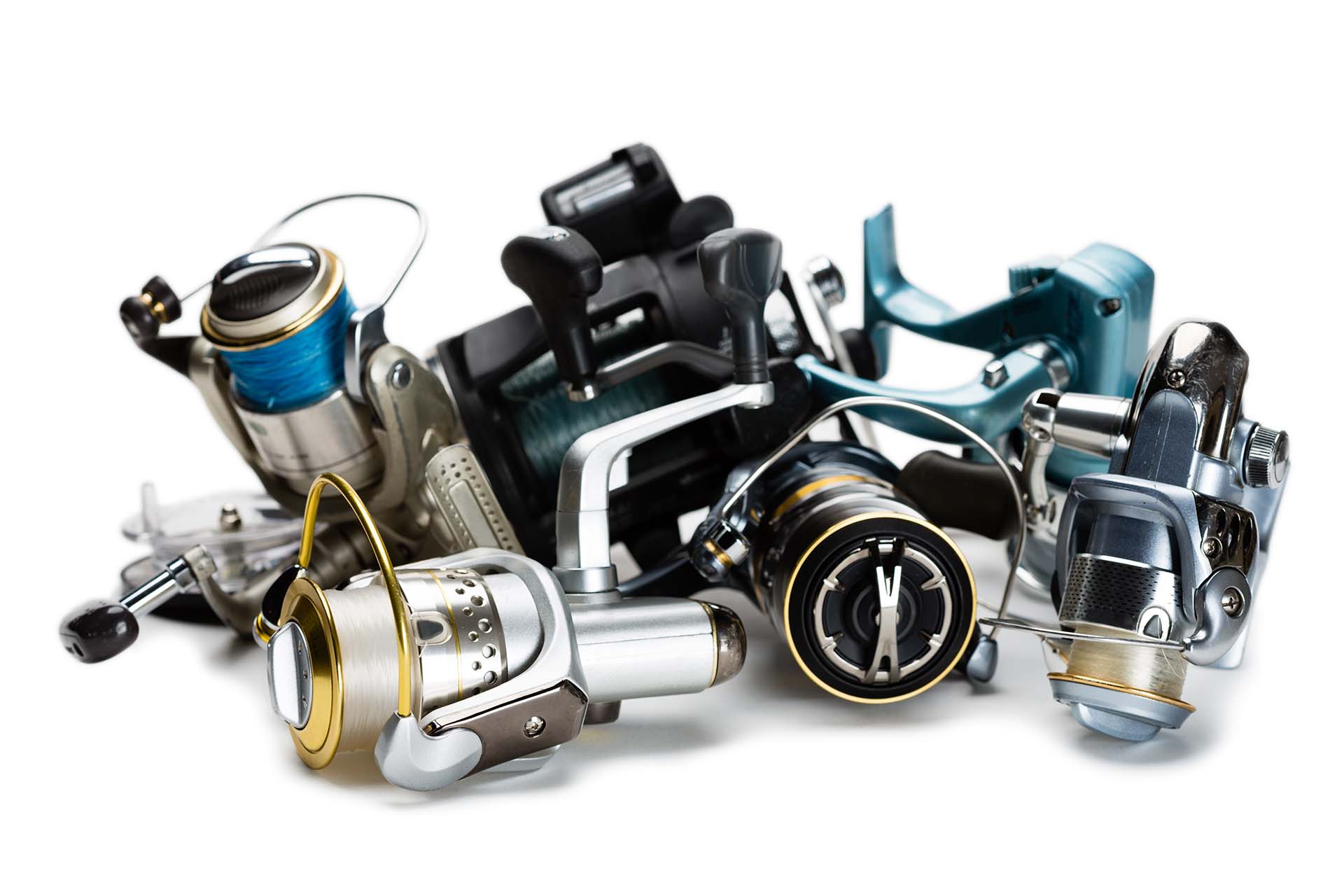Goldfish make excellent bait for fishing due to their small size and lively movements. But is it legal to use goldfish for bait? Whether you’re a seasoned angler or a beginner, it’s important to know the rules and guidelines around using live bait to ensure that you’re not breaking any laws. So, let’s answer a question: “Can you use goldfish as bait?” and the legal regulations that follow it.
The legality of using goldfish for bait can vary depending on the specific location and body of water you plan to fish in. While it is generally legal to use live bait for fishing, some areas may have restrictions on the types of bait that can be used, including goldfish. It’s important to check the local fishing regulations and restrictions before using goldfish or any live bait to avoid any potential legal issues or fines.
Why Do People Use Goldfish for Bait?
Fishermen are known to use various types of bait to lure their catch. I personally prefer artificial bait, while there are others who prefer live bait. This may come as a surprise to many, but believe it or not, goldfish are one of the best live bait for fishing. Yes, you read that right – goldfish! So, let’s go over some facts about goldfish that you may not have known before.
- Goldfish are hardy creatures – Compared to other types of live bait, goldfish are very hardy creatures that can survive the cast and retrieve process. When fishermen cast their lines, they need to ensure that their bait will stay alive and swim in the water until a fish bites. The good news is that goldfish can survive being submerged in water for extended periods, making them an ideal choice for live bait.
- Goldfish are abundant and affordable – Goldfish are an abundant and inexpensive fish species, which makes them an affordable choice for fishermen. You can find them in most pet stores or even catch them yourself in lakes and ponds. Furthermore, goldfish can reproduce quickly, so you can easily breed your own supply of baitfish.
- Attractive to predators – Goldfish are an attractive source of food to many predatory fish species. These include largemouth bass, northern pike, and catfish, to name a few. Goldfish are naturally colorful and have a shiny scale pattern, making them an attractive target for fish looking for their next meal.
- Bigger bait fish catch bigger fish – One of the main reasons why fishing enthusiasts use goldfish is that bigger bait fish catch bigger fish. Goldfish can grow up to 12 inches or more, making them an ideal bait for catching large fish species. This is especially true for predatory fish who prefer larger prey.
- Easy to handle and store – Goldfish are relatively easy to transport, handle, and store, making them ideal for those who plan on fishing regularly. All you need is a bucket, an aerator, and some water, and you’re all set to go. Unlike other types of bait, goldfish can be kept alive for several days, so you don’t have to worry about running out of bait when fishing.
This fish has many advantages that make it an excellent choice for those who want to catch bigger fish. That’s why fishermen often choose goldfish as bait rather than other options.
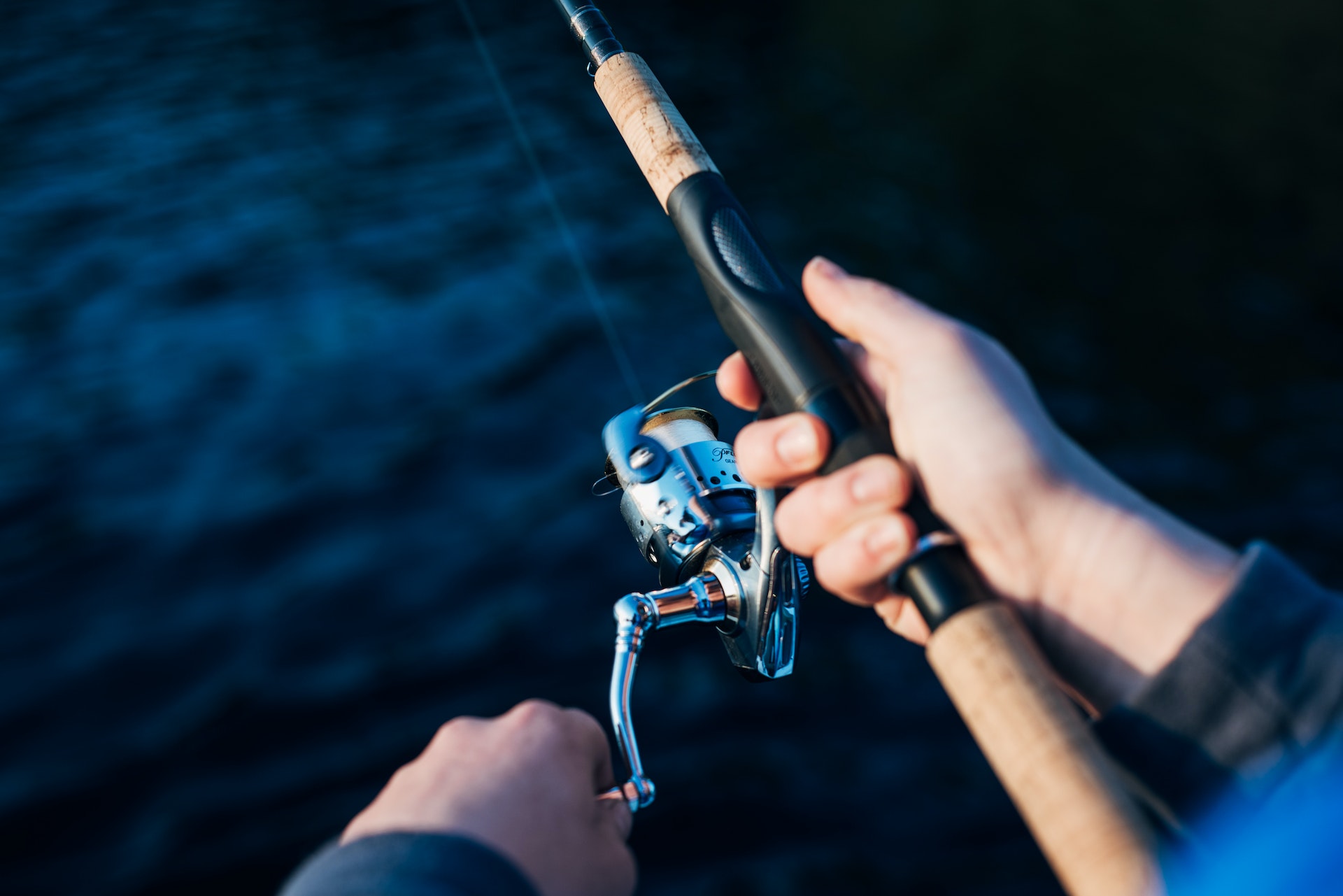
What Type of Fish Can You Catch With Goldfish Bait?
Using goldfish as bait can attract a variety of predatory fish species. Some of the most common types of fish that can be caught with goldfish bait include largemouth bass, northern pike, catfish, and crappie. These fish are known for their aggressive feeding behavior and are often attracted to the lively and erratic movements of live goldfish. So, it’s best to learn how to hook goldfish for catfish bait.
Of course, everything depends on your style of fishing. For example, some anglers have reported success using goldfish bait to catch other predatory fish species, such as walleye, musky, and striped bass. However, it’s important to check local fishing regulations and restrictions to ensure that using live bait, including goldfish, is allowed in your area. This will avoid unintentionally introducing non-native species to the water.
What Are the Laws and Regulations Surrounding the Use of Live Bait?
Like most fishermen, I, too, like to explore various types of fishing, and using live bait can be highly effective in catching fish. But did you know that there are rules and regulations surrounding the use of live bait? Before casting your line, make sure you’re in the know about what’s legal and what’s not.
So, is it illegal to use goldfish as bait? First and foremost, it’s important to know that live bait consists of living organisms, meaning there are laws in place to protect them. Depending on where you’re fishing, certain species of live bait may be prohibited. For example, in New York State, it is illegal to use live alewives, smelt, or herring as bait. It’s crucial to always check with your local Department of Natural Resources to see which species are legal to use.
What States Allow the Use of Goldfish as Bait?
Fishing is an age-old pastime that millions of people enjoy around the world. There’s nothing like spending a day on the water, casting your line, and waiting for that big catch. But before you go scooping up your pet goldfish, let’s explore which states allow this and what the controversy is all about. This being said, check the table below with all the states that allow, don’t allow, and without reference (these are marked with *).
| States that allow | States that don’t allow | States without reference |
|---|---|---|
| Alaska, Alabama, Arizona, Arkansas, California, Florida (only dead fish), Indiana, Kansas, Mississippi, Missouri, Nebraska, Nevada, North Dakota (only dead fish), South Carolina, Tennessee, Texas, Virginia, West Virginia (only dead fish) | Colorado, Connecticut, Georgia, Idaho, Illinois, Iowa, Kentucky, Maine, Maryland, Massachusetts, Michigan, Minnesota, Montana, New Hampshire, New Jersey, New York, New Mexico, Ohio, Oklahoma, Oregon, Pennsylvania, Rhode Island, South Dakota, Utah, Vermont, Washington, Wisconsin, Wyoming | Delaware, Hawaii, Louisiana, North Carolina |
What Are Some Ethical Concerns About Fishing With Goldfish?
As we can see, in some areas, fishing with goldfish is considered legal. But we definitely can’t ignore several ethical concerns that this kind of fishing raises. Using live fish as bait increases the suffering of the fish, with the goldfish being no different. Even though they are small, the pain and agony they experience during the fishing hook can be immense. It is undoubtedly animal abuse, as the fish would ultimately suffer a slow and painful death.
Goldfish are not native to many regions where they are used as bait. Therefore, it poses significant risks to the local ecosystem. When goldfish were first introduced to North America, they caused ecological problems by out-competing native species and disrupting ecological practices. Using goldfish as bait means that they could be accidentally released and become invasive in local waters. It is a risk that is not worth taking since the goldfish’s release could significantly impact the ecosystem.
Finally, fishing with goldfish highlights an ethical dilemma that we face as humans regarding the way we treat animals. It forces us to reflect and question our values and any moral and ethical obligations we should have for all living creatures, whether they are pets, food, or used for some other purpose. We should always weigh our actions against others’ losses and ensure that we are not causing further harm to animals that share this planet with us.
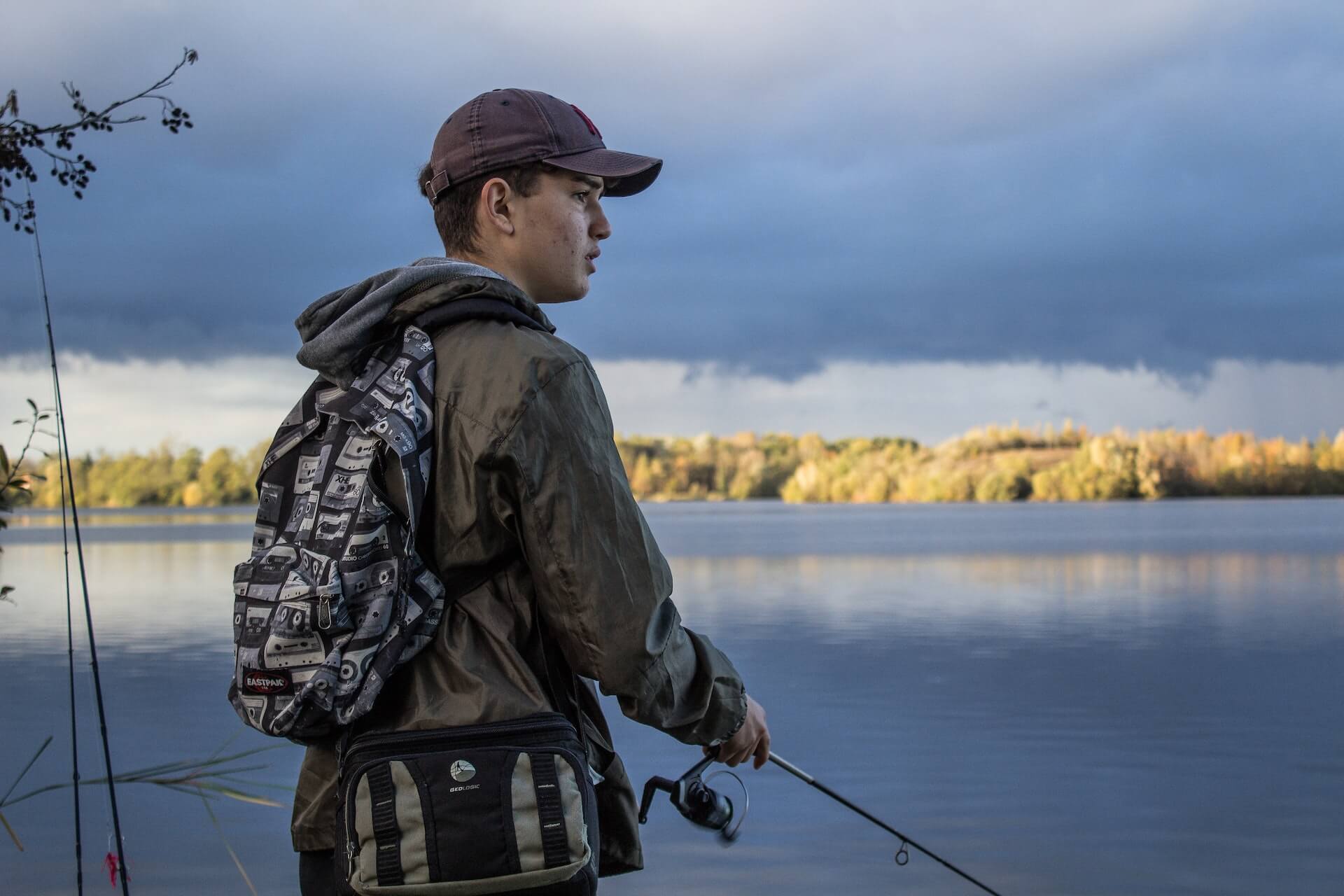
What Are the Alternatives to Using Goldfish as Bait?
While goldfish can be an effective bait for catching predatory fish, some anglers may prefer to use alternative bait options for ethical, environmental, or personal reasons. So, if you want to avoid learning how to hook a goldfish for bait, fortunately, there are a variety of other bait options available. These can be just as effective, if not more so, than live goldfish. Let’s explore some of the alternatives to using goldfish as bait, including artificial lures, locally sourced live bait, and other common types of live bait.
Worms and Insects Are Natural and Eco-Friendly Bait Options
Some anglers also choose to use natural bait, such as worms or insects, which can be found in the wild or purchased from a bait and tackle shop. Using natural bait can be a more eco-friendly option as long as the bait is obtained in a sustainable and responsible manner. They are particularly effective at attracting fish such as trout, bass, and panfish and can be used with a range of fishing techniques, including baitcasting, spinning, and fly fishing.
If you’re not sure how to rig a worm, be sure to check out the video below.
PowerBait Is Great for Attracting Different Fish Types
PowerBait is a type of synthetic fishing bait that is designed to mimic the scent and flavor of natural bait. It is made by the fishing tackle company Berkley and is available in a wide range of colors and styles to attract different types of fish.
One of the main advantages of using PowerBait is that it can be stored for long periods without spoiling, making it a convenient option for anglers who want to be prepared for their next fishing trip. Additionally, it can be used in a variety of fishing situations and is effective for catching a range of fish species.
Corn Is One of the Most Affordable Options
Corn can be purchased pre-packaged at a bait and tackle shop or prepared at home by soaking dry kernels in water overnight. It can be fished on a hook with a weight or used with a bobber to keep it off the bottom of the water.
Using corn as bait produces a bright color that can be highly visible to fish in murky or low-light conditions. Additionally, corn can be used in combination with other baits or flavors, such as garlic or strawberry, to create a more enticing scent and flavor.
Goldfish Imitations Can Be Highly Effective
Goldfish imitations are artificial lures that are designed to mimic the appearance and movement of live goldfish. They are typically made from a variety of materials, including plastic, rubber, or metal, and come in a wide range of shapes and sizes to attract different types of fish. Not to mention that they can be used repeatedly and do not require the capture or handling of live fish, which can be stressful or harmful to the fish.
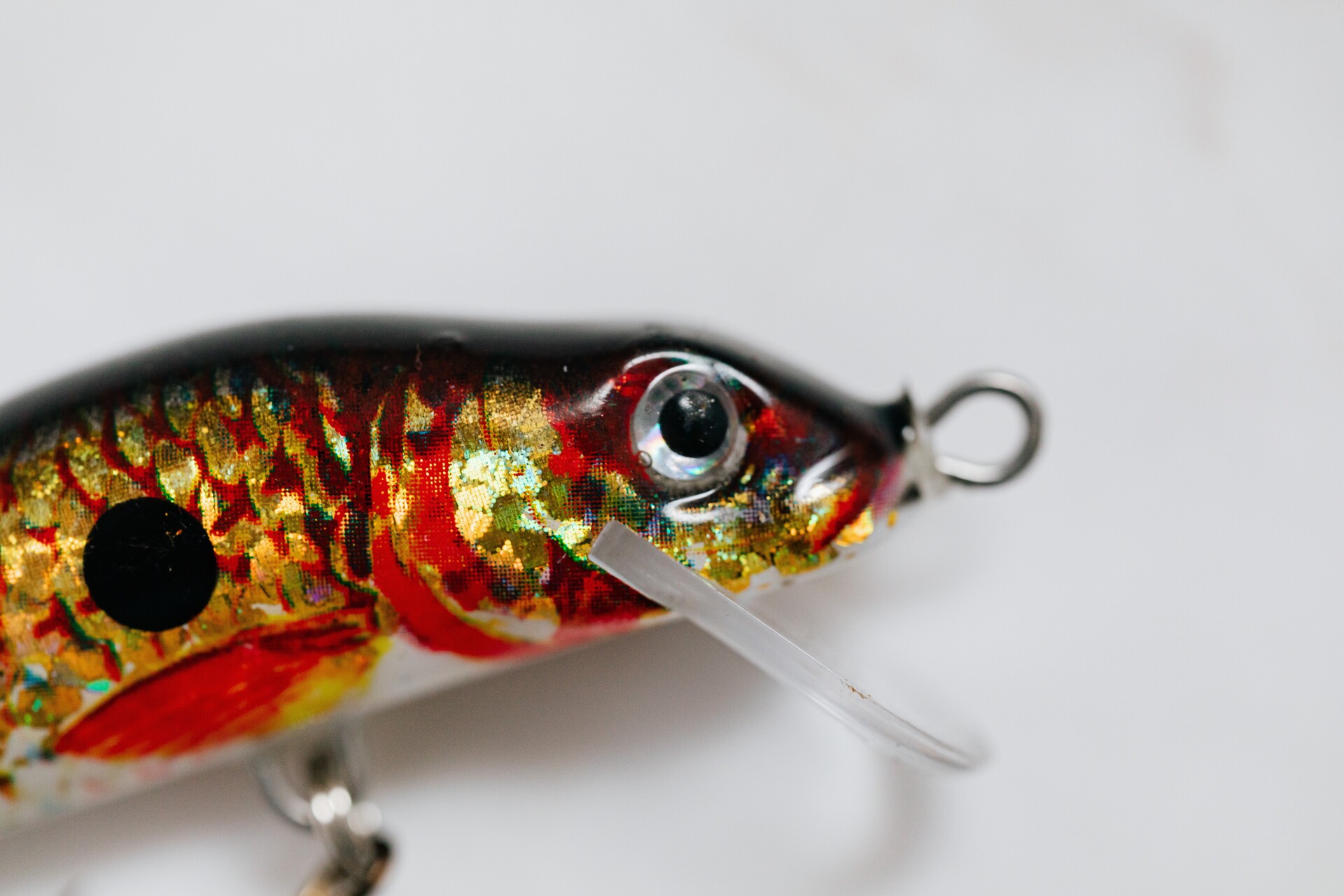
What Are the Consequences of Using Goldfish as Bait
One consequence is the potential harm or stress that can be caused to the goldfish being used as bait. Catching and handling live fish can be stressful and potentially harmful to the fish, which may experience physical injury or death as a result of the fishing process.
Another consequence is the potential impact that using goldfish as bait can have on the environment. Introducing non-native species to a body of water can disrupt the ecosystem and harm local wildlife, while using bait fish that have been caught in a different body of water can spread diseases and parasites.

Finding Alternative Bait Will Help You Avoid Getting Into Trouble While Fishing
And there you have it, folks! With the knowledge of the alternatives to banned fishing bait that we discussed in this blog post, it looks like you’ll be able to keep your fishing ventures free from adverse legal action. While the number of regulations regarding fishing can get tricky, educating yourself on the topic will certainly set up a safe, fun, and enjoyable outing when you go out on your next fishing adventure. So break out those rods, load up your tackle box with appropriate baits, and get ready to make some unforgettable memories with family and friends while catching them lunkers!

